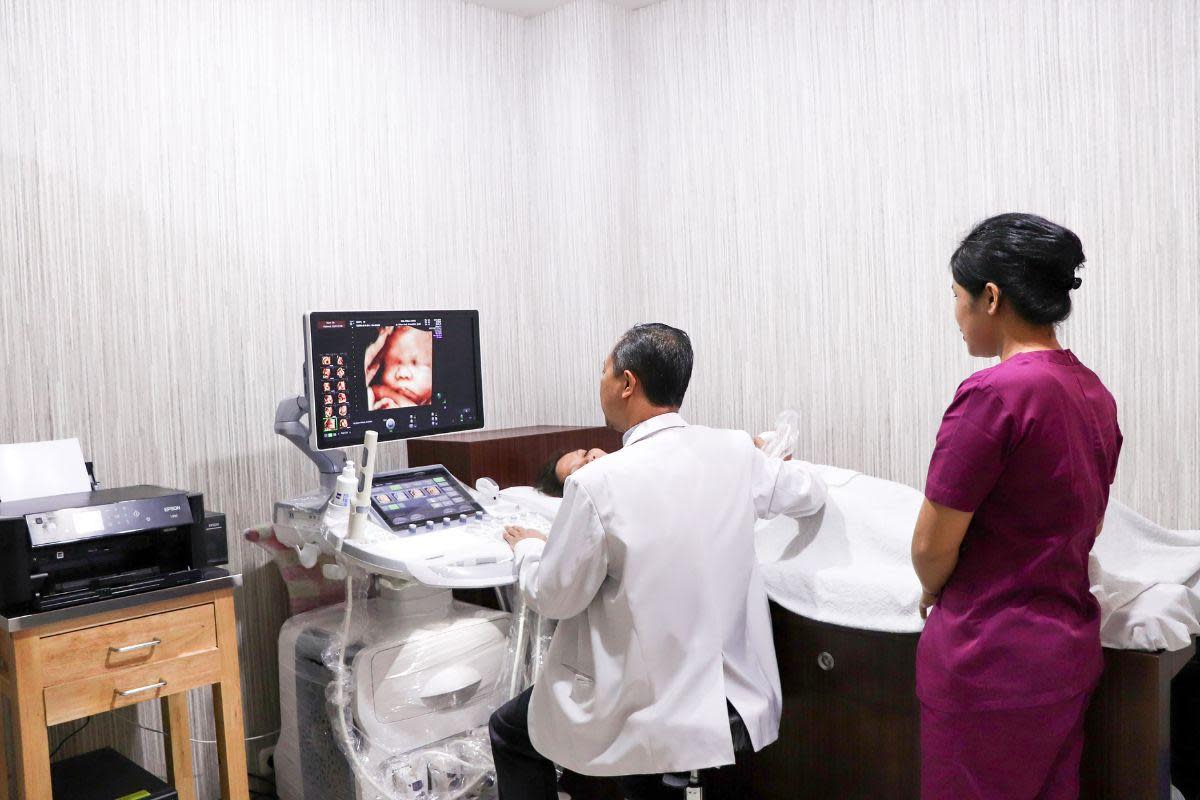Royal College of Midwives tells next UK Government to stop racism

The Royal College of Midwives is calling on the next UK Government to get rid of racism in maternity services.
The expectation from the organisation is that irrespective of ethnicity, the experiences of Black, Asian, and other marginalised women and staff should not differ from their white counterparts.
As the UK general election campaign enters its final days, the Royal College of Midwives (RCM) is urging politicians to set up maternity services that mirror the needs of their communities and their staff members.
This call for action comes in response to mounting evidence that pregnancy outcomes for non-white women and those from marginalised groups are worse, according to the RCM.
The most recent report by MBRRACE-UK highlights that black women are three times more likely to die during or immediately after pregnancy, with Asian women having double the likelihood compared to white women.
RCM asserts these circumstances are not only tragic but also avoidable.
Discrimination issues do not just affect patients, but its own midwives and maternity support workers (MSWs) from the global majority are also victims, facing regular bullying and harassment at work.
A recent NHS staff survey shows that of all midwives who experienced discrimination, roughly half cited their ethnic background as the cause.
These workers are often taken through disciplinary procedures that hold them back from reaching the top tiers of the profession.
RCM chief executive, Gill Walton, said: "Maternity services must reflect the needs of both the communities they serve and the staff that work in them.
"All those involved in commissioning and delivering maternity services must work together to address the unacceptable disparity in pregnancy outcomes for those from the global majority and disadvantaged backgrounds.
"It’s crucial that all those working in maternity services are aware of the increased risk, so they can personalise and enhance care for Black, Asian and minority ethnic women."
She emphasised that while the RCM is making efforts to improve maternity care, it cannot do it alone.
"Politicians and policy makers need to urgently step up too.
"The work must be underpinned by investment for improved training and support for all those staffing maternity services."
RCM's ground-breaking shift to decolonising the midwifery curriculum will ensure that midwives are effectively trained in ways that represent all communities they care for.
The RCM has developed a toolkit as part of this initiative, which promotes recruitment of students from diverse backgrounds and educates them on caring for women and babies of non-white ethnicities.
Additionally, the recently launched MatDAT Tool is expected to aid midwives in better supporting women from the global majority.
It focuses on improving maternity outcomes for all women by looking at not just health and wellbeing but also social complexity.

 Yahoo News
Yahoo News 
